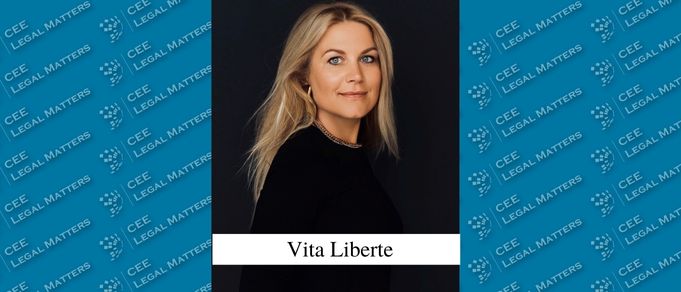A strong end to 2022, embodied by high levels of real estate transactions and M&A work – despite a legislative downturn and no government – is the buzz in Latvia, according to BDO Law Managing Partner Vita Liberte.
“It has been a super busy period lately,” Liberte begins. “The final two months of the year are usually very busy for us, and this year is no different. Primarily, all this action is driven by real estate transactions and a high volume of M&A activity,” she reports. Liberte says that the investment interest is “both domestic and international, primarily focusing on commercial and residential projects.”
Liberte goes on to explain that, as a peculiarity, a high number of transactions are self-funded by investors. “I don’t know whether it’s due to savings made during the bearish periods of COVID-19 lockdowns, but it would seem that investors are, frequently, funding their own endeavors and are not looking to the financial sector as much,” she reports.
Additionally, Liberte reports an uptick in restructuring work. “A number of companies are pivoting and turning to different markets, even Kenya and Vietnam, for example,” she says. “These are, by and large, fintech clients seeking new markets. There is a lot of investment interest in Latvian IT companies, and we feel it growing stronger every day,” she adds, attributing the vibrancy of the IT sector to the transactional frequency she mentioned earlier.
As for the other business sectors, Liberte reports that “there are some struggles with real estate construction, on account of rising materials and energy costs. There is also a shortage of qualified labor,” she points out, “all of which contributes to a somewhat stressful environment for construction companies.”
Finally, Liberte shares a report on the current status of legislative activities in Lativa. “We have had elections in October, and a new government is yet to be formed,” she says. “There have not been any new legislative developments because of this, given that the parliament is still new and that we are still expecting the leadership to be formed.” Liberte says that the “long setup of the new government and parliament” is attributable to “the politicians focusing more on their own internal affairs. No one really knows when things will move along and when we will actually see a new government in place,” she concludes.
















